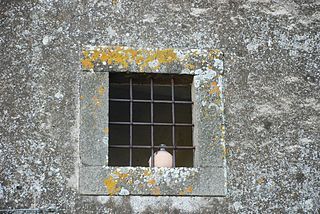From Guest Blogger Tom Grant: Discovering Drafts and Leaks — How to Make the Most of Your Home Energy Audit

A professional home energy audit costs money, but it’s a financially sound investment if it lowers your energy bill. Your decision to take a do-it-yourself approach depends on your energy savvy. Most homeowners can spot infiltrations around windows and doors, but the hidden infiltrations are much harder to find.
According to experts, fixing hidden leaks found during professional audits can reduce household heat and cooling costs by as much as 30 percent annually. It also spares homeowners the expense of fixing things that don’t contribute to the problem. Using energy companies such as North American Power may be your ticket to a free energy audit. Ask your energy provider about a free audit if you cannot afford to hire an outside professional.
Hire Professional Auditors
Just because an auditor lists his business name in the Yellow Pages, doesn’t mean he’s the one you should hire. A professional auditor will complete very specific tasks and use approved tools during the audit. The auditor must have a blower door to measure the amount of air leakage over doors, an infrared camera to point out variations in surface heat and detect heat loss, and a duct blower, which is attached to the duct system.
What to Expect At a Home Energy Audit
A thorough home energy audit takes about 2-4 hours depending on the size of your home. The auditor will request time to do an initial interview to get answers to a few pertinent questions. You’ll need to provide some details on the history of the home and point out any areas that need attention.
At the end of the audit, the inspector will give you a detailed report, which will point out all the areas where there are leakages. The report will also specify some recommended actions to take and list the order of priority. Some home energy audit companies are able to fix the problems, but you’ll have the option to hire another contractor, or fix the problem on your own.
The Department of Energy suggests that homeowners should make a list of potential problems and gather a year’s worth of home energy bills to assist auditors with the task at hand. Your advanced preparation will help auditors determine what to look for during the inspection.
If you don’t want to shell out money for a full scale audit, the professional should conduct a blower door test and infrared test at the very minimum. The two tests will determine whether there are any leaks and identify points of infiltration.
Before Your Hire An Inspector
Get a couple of references before you hire an energy auditor. Ask the inspector questions about his certifications and equipment. Visit Better Business Bureau’s online site to see if the company is in good standing. Inexpensive quotes might suit your budget, but be careful because you’ll get what you pay for.
